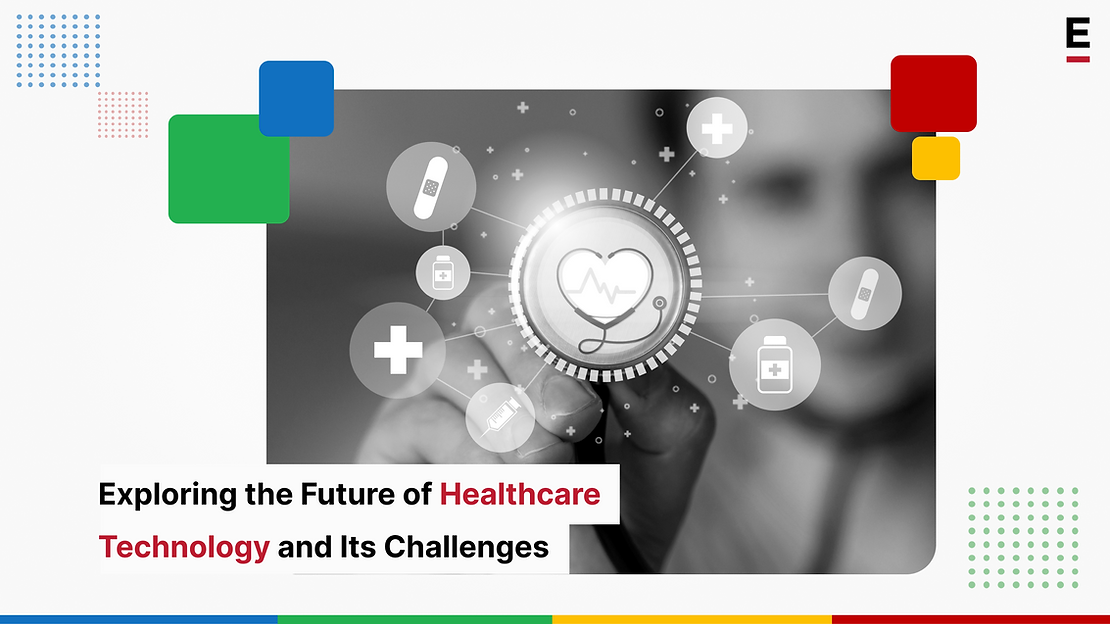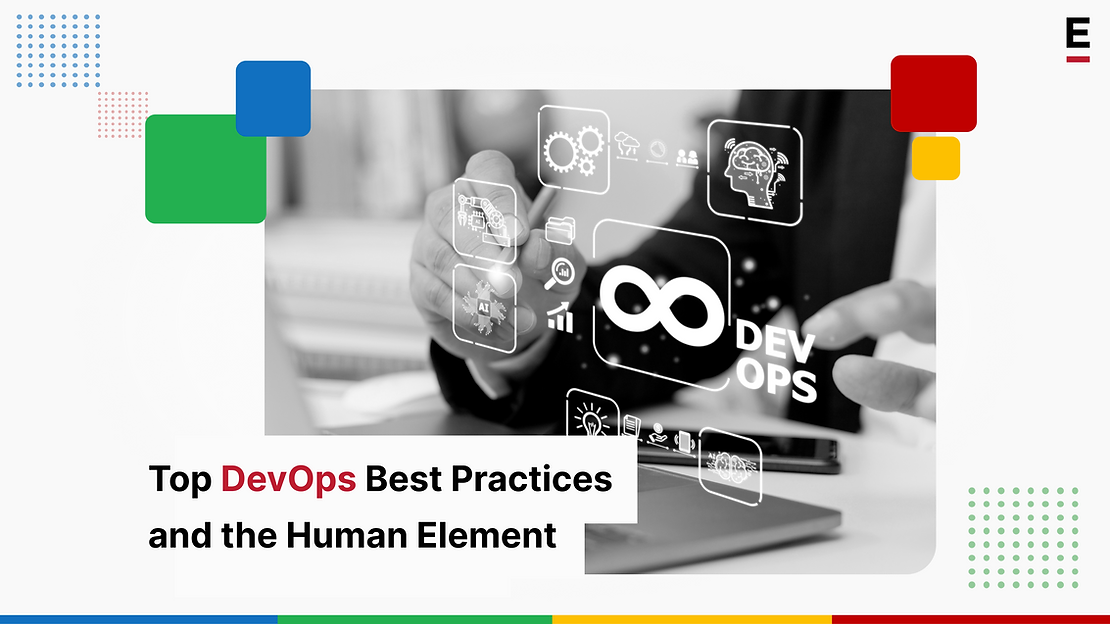In 2023, the landscape of healthcare technology witnessed a remarkable shift, propelled by the dominance of the software solutions segment, which commanded the largest revenue share of 40.5%. This surge was fueled by the escalating adoption rate of AI-based software solutions among healthcare providers, payers, and patients. As we progress into the future, the software solutions segment is poised to continue its lucrative growth trajectory from 2024 to 2030.
The exponential expansion of the software solutions segment can be attributed to the widespread integration of AI-based technologies across various healthcare applications. These applications span a spectrum of critical areas, including cybersecurity, clinical trials, virtual assistants, robot-assisted surgeries, telemedicine, dosage error reduction, and fraud detection. As AI permeates these domains, it promises to revolutionize healthcare delivery, enhance patient outcomes, and streamline operational efficiencies.
Furthermore, this unprecedented growth is not merely a result of organic evolution but is significantly bolstered by many strategic initiatives undertaken by key industry players. Partnerships, collaborations, and seed investments are becoming increasingly prevalent, fostering an environment conducive to innovation and technological advancement. These concerted efforts serve to amplify the growth potential of the software solutions segment, paving the way for transformative developments in healthcare technology. However, amidst the promises of a brighter, more efficient future, challenges and limitations persist, necessitating a nuanced understanding of the intricacies of implementing AI in healthcare.
Challenges and Limitations of AI Implementation in Healthcare
While AI’s potential benefits in healthcare are vast, implementation comes with challenges. One such hurdle is the need for comprehensive and high-quality data. AI algorithms rely heavily on data to learn and make accurate predictions. Therefore, ensuring the availability of diverse and representative datasets is crucial for the success of AI applications in healthcare. Additionally, concerns regarding data privacy, security, and regulatory compliance pose significant barriers to adopting AI technologies.
Moreover, integrating AI into existing healthcare systems requires substantial investments in infrastructure, training, and talent acquisition. Many healthcare providers face financial and resource limitations, making it challenging to embrace cutting-edge technologies fully. Furthermore, the complex nature of healthcare workflows and the resistance to change among medical professionals present additional obstacles to the seamless integration of AI solutions.
Future of Healthcare Technology and Tech Trends Shaping the Future
The trajectory of healthcare technology is poised to ascend even further as we step into the future. Rapid advancements and innovations continue to reshape the healthcare landscape, promising enhanced patient care, improved outcomes, and greater operational efficiencies. Let’s delve deeper into the key areas that are driving the future of healthcare technology:
Telemedicine and Remote Patient Monitoring: Telemedicine has emerged as a cornerstone of modern healthcare delivery, enabling patients to access medical consultations and services remotely. The proliferation of telemedicine platforms and remote monitoring devices empowers patients to manage their health more proactively while alleviating the strain on traditional healthcare infrastructure. As technology evolves, we expect to see even more sophisticated telemedicine solutions, incorporating AI-driven diagnostics, virtual reality interfaces, and real-time data analytics to optimize patient care delivery.
Precision Medicine: Precision medicine represents a paradigm shift in healthcare, moving away from the traditional one-size-fits-all approach to treatment towards personalized interventions tailored to individual patients. By leveraging AI and big data analytics, precision medicine promises to revolutionize diagnosis, treatment selection, and therapeutic outcomes. As our understanding of genomics, proteomics, and other omics technologies deepens, we can anticipate the emergence of increasingly precise and targeted therapies, ushering in a new era of personalized medicine.
Digital Health Records and Interoperability: The digitization of health records has transformed how patient information is managed, stored, and shared within the healthcare ecosystem.
Electronic Health Records (EHRs) enhance care coordination, facilitate data exchange between healthcare providers, and empower patients to take a more active role in their healthcare journey. Looking ahead, interoperability will be critical, enabling seamless data exchange across disparate systems and platforms. With its inherent security and data integrity features, Blockchain technology holds the potential to enhance the interoperability of health records further while safeguarding patient privacy and confidentiality.
Artificial Intelligence and Machine Learning: AI and Machine Learning are poised to play an increasingly prominent role in healthcare, augmenting the capabilities of healthcare professionals and revolutionizing clinical decision-making. AI-driven algorithms are being deployed for various applications, including medical imaging analysis, diagnostic decision support, predictive analytics, and drug discovery. As these technologies mature, we can anticipate more accurate and timely diagnoses, personalized treatment recommendations, and enhanced patient outcomes. Additionally, integrating AI into robotic surgery systems promises to enable safer, more precise surgical interventions, reducing risks and improving surgical outcomes.
The future of healthcare technology holds immense promise, driven by continuous innovation, collaboration, and technological advancement. By harnessing the power of telemedicine, precision medicine, digital health records, and AI-driven solutions, we can usher in a new era of patient-centered care, where healthcare is more accessible, efficient, and personalized. As we navigate the complexities of tomorrow’s healthcare landscape, one thing remains clear – technology will continue to be a catalyst for positive change, shaping the future of healthcare for generations to come.
Although challenges and limitations exist, integrating technology and AI in healthcare can bring a new era of medical innovation and improved patient outcomes. By embracing these advancements and addressing associated challenges, healthcare stakeholders can harness technology’s full potential to revolutionize care delivery and enhance the well-being of individuals and communities.




